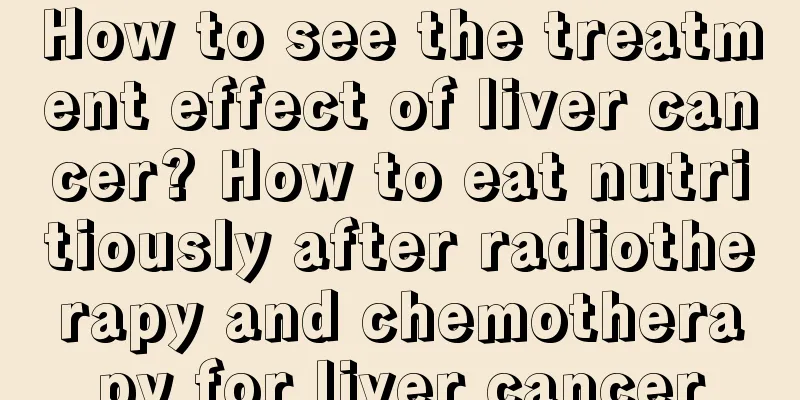Colon cancer has a genetic susceptibility

|
There are many clinical cases where the whole family suffers from different types of digestive tract cancers such as colon cancer. This is because although colon cancer is not a hereditary disease, it has a certain genetic susceptibility. Clinically, there is a type of hereditary adenomatous colon cancer, which is mainly caused by a mutation in a tumor suppressor gene called APC. Many polyps grow in the intestines, and when the polyps develop to a certain extent, they will basically evolve into cancer. The factors that cause colon cancer in this group of people are mostly unrelated to external factors, which means that even if they do not have bad living habits, they will eventually be unable to avoid the fate of colon cancer. There is also a type of non-polypoid familial hereditary colon cancer. This type of cancer has no clinical signs, and it is impossible to determine whether it is hereditary colon cancer before the onset of the disease. According to family surveys, this type of patient often develops the disease in every generation of the family. The cause of the disease is related to the inactivation of nucleic acid repair genes in human genetic material. People are exposed to many carcinogens in their lives, and these carcinogens will cause damage to nucleic acids, but our bodies have powerful repair functions, and they will be normal after the repair. However, this group of people have problems with the repair genes, and they cannot be repaired after being hit by carcinogens, which leads to the onset of colon cancer. For those whose relatives (especially first-degree relatives) have colon cancer, if they have blood in their stools, thin stools, changes in bowel habits (increased bowel movements, tenesmus, anal swelling, etc.), or symptoms such as anemia, weight loss, and weakness, they must be vigilant and conduct appropriate examinations in a timely manner. If conditions permit, it is best to have regular physical examinations to facilitate early detection and treatment of tumors. |
<<: High-risk HPV positive ≠ cervical cancer
>>: Treatment of common complications of stoma after colon cancer surgery
Recommend
The early symptoms of cervical cancer in women are mainly vaginal bleeding
Cervical cancer is one of the killers that endang...
Can pancreatic cancer patients do strenuous exercise?
The latest research shows that exercising for 30 ...
What will happen if you drink alcohol after taking cefuroxime
Cephalosporin antibiotics are commonly known as c...
Tips to whiten dark armpits
Summer is the season for wearing short-sleeved su...
Is silicon dioxide harmful to the human body?
Silica is a silica-like substance that we come in...
"Insect Cream" and other top ten "future foods"
Human beings are always full of endless imaginati...
Skin cell renewal cycle
The skin is the largest organ in the human body. ...
What should I do if earwax cannot be removed? What steps should I use?
Some friends feel that there is a lot of earwax i...
What fruits are good for patients with advanced kidney cancer?
No matter what disease you are treating, it is ve...
Are there parasites in eggs?
Eggs are rich in protein, and the protein content...
Pain at the junction of the jaw and ear
Many people have had this experience: when they o...
What are the symptoms of blue eyelash syndrome?
Blue eyelash syndrome is actually a relatively co...
What's wrong with the hard lump in the stomach? Need to check as soon as possible
If there is a hard mass in the stomach, it is ini...
Blood backflow during infusion
Because intravenous injections are much more effe...









